As you may have seen, late Friday afternoon there were media reports about a poll that seemed to say that voters want to overturn Measure 110. The poll was deeply flawed, and we agree with a Willamette Week story about the poll that suggests this is an escalation of attempts by special interests to overturn Measure 110.
We have had a national pollster carefully review the published findings. There are obvious flaws with both the way the questions were framed and two questions were redacted when the poll was released.
Every single local and national poll shows that when voters are given the truth about drug criminalization, time and time again they call for a public health approach. Two-thirds of Americans support eliminating criminal penalties for drug possession and replacing them with a public health approach. 72 percent of Oregon voters reported that they believe drug use and addiction should be addressed through the public health system. Voters have made it clear that they want the US to go in a different direction when it comes to drug policy.
Below is a letter we sent to DHM leadership this afternoon to request a full public account of the intent of this poll: the missing questions and why they did not disclose to poll respondents the harm of criminalization and the benefit of a public health approach.
May 15, 2023
Michelle Neiss, President, DHM Research
John Horvick, Senior Vice President, DHM Research
Delivered via email
Subject: Request for public accountability regarding partial poll released on Measure 110
Dear Ms. Neiss and Mr. Horvick,
We are writing today to express grave concerns about highly selective and potentially misleading polling questions that were released to the media on May 12, 2023, relating to Measure 110. We are requesting increased accountability on public information on an issue that affects the lives of hundreds of thousands of Oregonians in our state. Here are our concerns:
- The manner in which these excerpts were released made it seem as if your firm was providing a complete analysis of voter sentiment about Measure 110. However, you redacted questions 24 and 26.
- You used biased language to generate opposition to Measure 110, by saying it criminalized “hard drugs,” when there is no such definition in the measure.
- You tested a negative argument on Measure 110, but no positive arguments, again, showing bias in the instrument.
- You failed to provide any context about the negative impact of criminalization.
As a result, the questions shared publicly fail to give balanced information about the devastating impact that criminalizing addiction has had on our communities in Oregon, especially Black and other communities of color, and provide questionable information. Further, in a Willamette Week story about the poll, your answers were evasive and you failed to disclose who provided the funding for this expensive, statewide poll. These omissions call into question the credibility of what was publicly released.
At a time when more than 60,000 Oregonians have received services funded by Measure 110, free from the harm of arrest and incarceration, this is deeply irresponsible.
Every single local and national poll shows that when voters are given the truth about drug criminalization, time and time again they call for a public health approach. Two-thirds of Americans support eliminating criminal penalties for drug possession and replacing them with a public health approach. On the 50th anniversary of the war on drugs, 83 percent of Americans reported that they believed the war on drugs had failed. A majority (72%) of Oregon voters reported that they believe drug use and addiction should be addressed through the public health system. This belief stayed true nationally across party lines. Voters have made it clear that they want the US to go in a different direction when it comes to drug policy.
The Willamette Week story suggested the poll was a first salvo in an attempt of undisclosed special interests to take Oregon backward to the dark days when possession of small amounts of drugs resulted in a criminal record, reduced job and housing opportunities, and disrupted futures.
The rhetoric that you are advancing is creating immense harm to our communities and we respectfully request a full public account of the intent of this poll: the missing questions, who is funding it, and why you did not disclose to poll respondents the harm of criminalization and the benefit of a public health approach.
Without a fuller public accounting, it will be impossible to believe that the release of this poll was not politically motivated, something we find deeply disappointing from a firm that has been highly respected for its credibility.
We will be sharing this letter publicly as well to ensure Oregonians have a full understanding why they should view the poll memo and stated results with deep skepticism.
Respectfully,
ACLU
Alano Club of Portland
Bridges to Change
Central City Concern
Community Outreach for Radical Empowerment (CORE)
Fresh Out Community-Based ReEntry
Going Home II
Holistic Healing Behavioral Healthcare
IronTribe Network
Juntos
Mental Health & Addiction Association of Oregon (MHAAO)
Health Justice Recovery Alliance
Miracles Club
NextUp Action Fund
Northwest Instituto Latino
Oregon Black Brown Indigenous Advocacy Coalition
Oregon Change Clinic
Painted Horse Recovery
Partnership for Safety & Justice
Quest Center for Integrative Health
Restored Connections Peer Center, Eugene
SoValti
Unite Oregon
WomenFirst Transition & Referral Center
